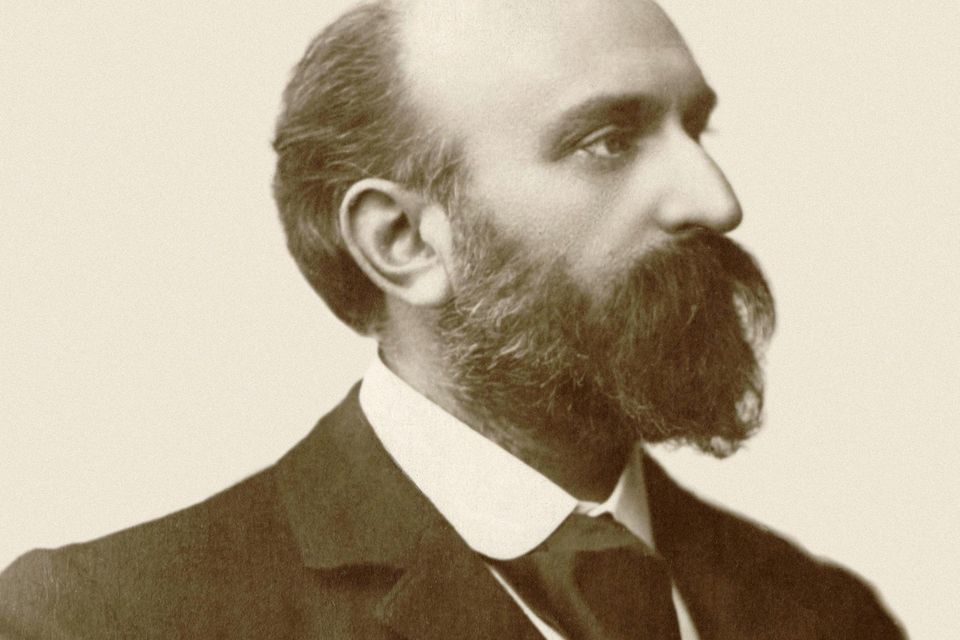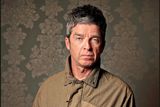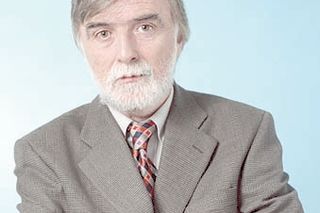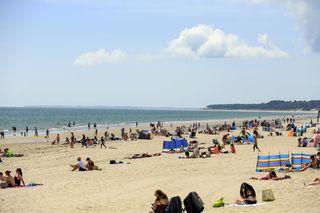Short was sweetest for Ernest Chausson, a composer who lacked confidence
Meticulous: Ernest Chausson
In a roundabout way, we have France’s first president to thank for the music of the Romantic composer Ernest Chausson. It was Napoleon III’s plan to transform Paris from an overcrowded jumble of dingy slums into the city of broad boulevards and tree-lined avenues that is still so distinctive today.
He appointed Georges-Eugène Haussmann prefect of the Seine to oversee the project. Among Haussmann’s principal collaborators was a building contractor by the name of Prosper Chausson.
Prosper prospered working with Haussmann to the extent that his son Ernest, born in 1855, would never need to work. Though Ernest completed his studies in law and secured an appointment as counsel at the court of appeal, he gave it up to follow his passion, the arts.
He dabbled in drawing and tried writing before he eventually decided on music, signing up for classes in composition under Jules Massenet. He was also taught by César Franck whose soaring melodies were a major influence on him.
Read more
Chausson moved to the heart of artistic life in Paris when he became secretary of the Société Nationale de Musique, established to promote music by young contemporary French composers such as Fauré, Debussy, Chabrier, Franck and Saint-Saëns at a time when concert halls and recital rooms were filled with the sounds of the German repertoire.
Chausson struggled with large-scale compositions. Approached to write a violin concerto, he turned down the commission, suggesting he didn’t think he could handle the complexity of it. I wouldn’t know where to begin, was his excuse. But he did produce a 15-minute Poème for violin and orchestra that is still frequently performed.
He was very much a fan of the operas of Richard Wagner, visiting Munich and Bayreuth to see productions of them, which inspired him, despite his reluctance to commit to the longer form, to create an opera of his own. Le Roi Arthus was never heard in his lifetime.
His meticulousness meant that there were only 39 works to be given opus numbers when he died at the age of 44, his life tragically cut short on this date in 1899 when, out riding his bicycle, he lost control on a downward slope and crashed into a wall.
The most beautiful introduction to Chausson’s work is the ‘Sicilienne’ from his Concerto for Violin, Piano, and String Quartet, Op 21, widely available online.
George Hamilton presents ‘The Hamilton Scores’ on RTÉ lyric fm from 10am each Saturday and Sunday














